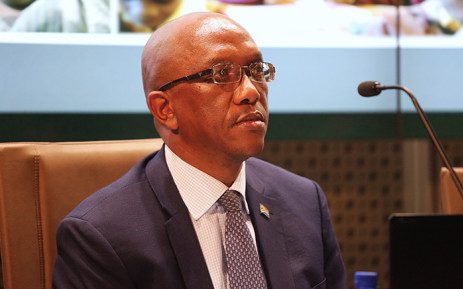South Africa’s auditor-general (AG) Kimi Makwetu said today there were weak controls to track and monitor COVID-19 expenditure – leaving the door ajar for looting.
Makwetu said it is encumbered on accounting officers to put in place preventative controls so limit the funds being diverted away from their initial purpose.
“We are concerned about the indicators of high risk of fraud and abuse
we observed – not only in the areas that we were able to audit, but also where
information for auditing was not forthcoming, which could be a deliberate tactic to
frustrate our audit efforts,” Makwetu said.
“We call on oversight structures to use this report to direct their oversight actions and call
accounting officers and authorities as well as executive authorities to account for the
implementation of the initiatives related to the pandemic and the management of the
funds entrusted to them. This report should become the baseline for the interrogation by
oversight on how the funds entrusted for the Covid-19 response were used,” he added.
Makwetu’s office has undertaken a realtime audit of 16 of the key Covid-19 initiatives introduced by the government and the management of R147,4 billion of the funds made available for these initiatives.
The AG found there is a risk that the R350 social relief grant is being paid to people who are not in financial distress. The AG said his office’s data analytics flagged
payments to over 30 000 beneficiaries that required further investigation.
Inefficiencies were also found in the Department of Agriculture, Land Reform and Rural Development’s relief scheme for financially distressed small-scale farmers in the form of vouchers for production input.
Makwetu said the audit identified inadequate record keeping and reconciliations of vouchers approved, distributed and redeemed, which increases the risk of unreliable reporting by the department and undetected fraud or error.
When it comes to personal protective equipment (PPE), the audit process found that there are delays in the delivery of PPE and that they were not not always procured at market-related prices.



